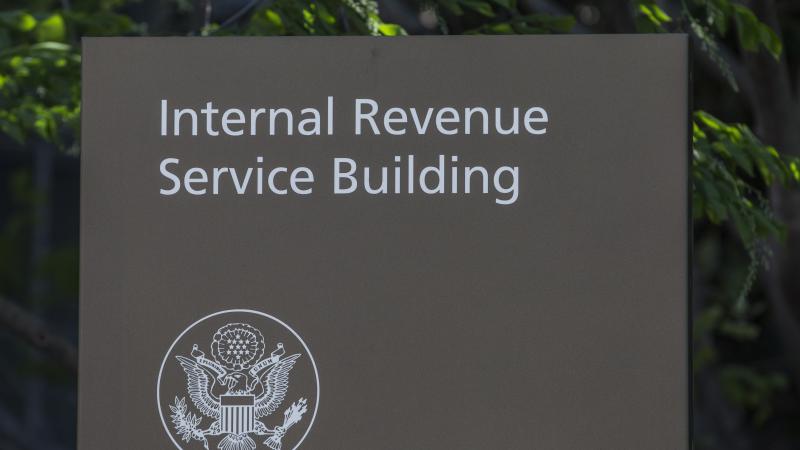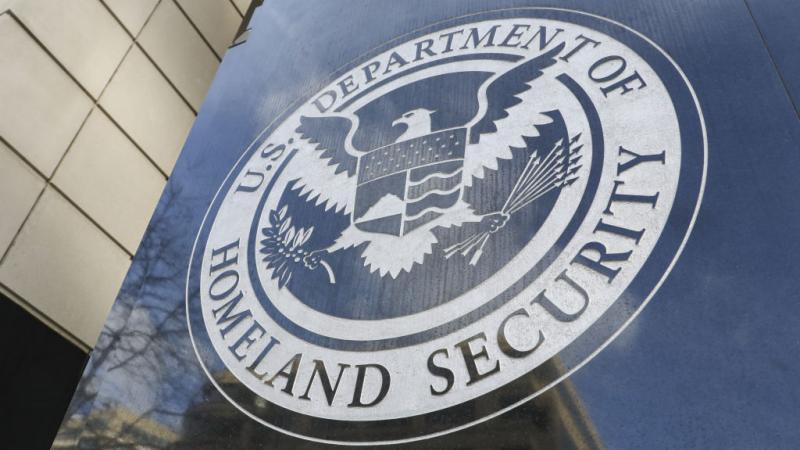Federal appeals court rules FCC's 'universal service fee' unconstitutional tax
In Consumers' Research v. FCC, the court concluded that the FCC subdelegated the tax authority for imposing the fee to the Universal Service Administrative Company, which is a private entity, making it an illegal tax.
The en banc U.S. Court of Appeals for the Fifth Circuit of New Orleans ruled 9-7 that the method the Federal Communications Commission uses to charge a "universal service" fee is unconstitutional.
The court describes the fee as a "misbegotten tax."
The revenue from the fee helps pay for telephone service for those in rural areas as well as low-income families. It also is applied toward the cost of broadband services for public entities like schools and libraries.
In Consumers' Research v. FCC, the court concluded that the FCC delegated the tax authority for imposing the fee to the Universal Service Administrative Company, which is a private entity, making it an illegal tax.














